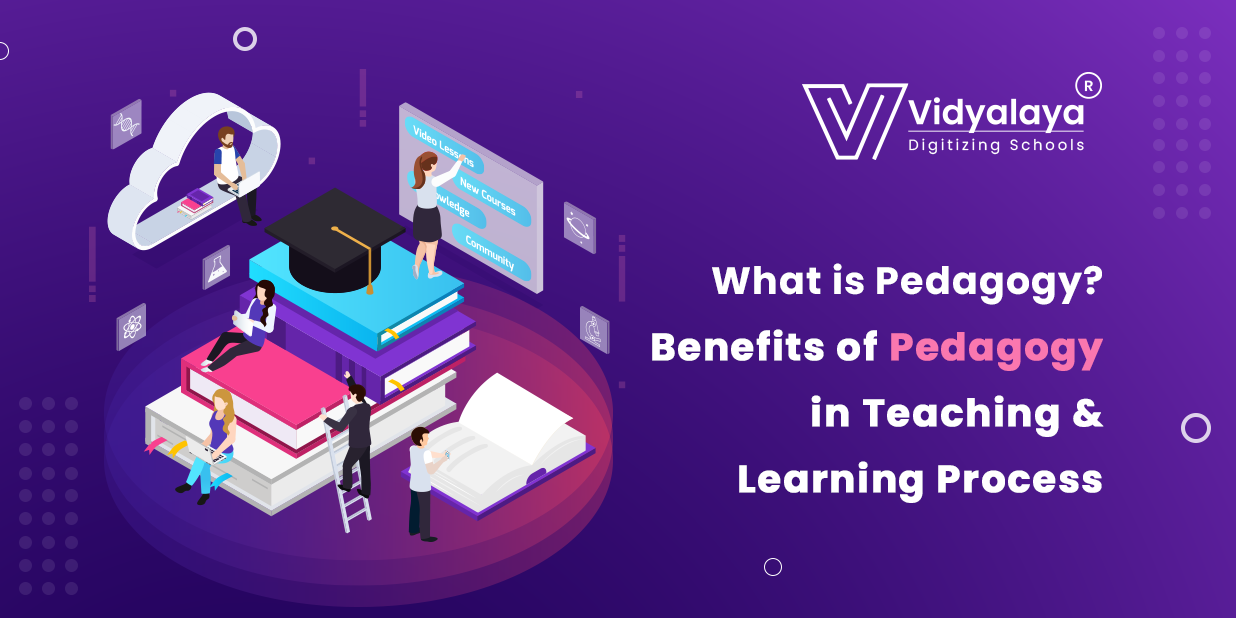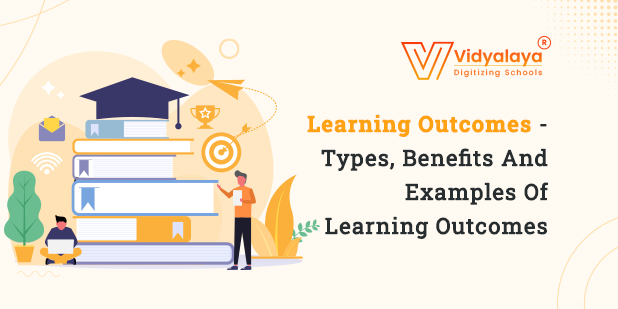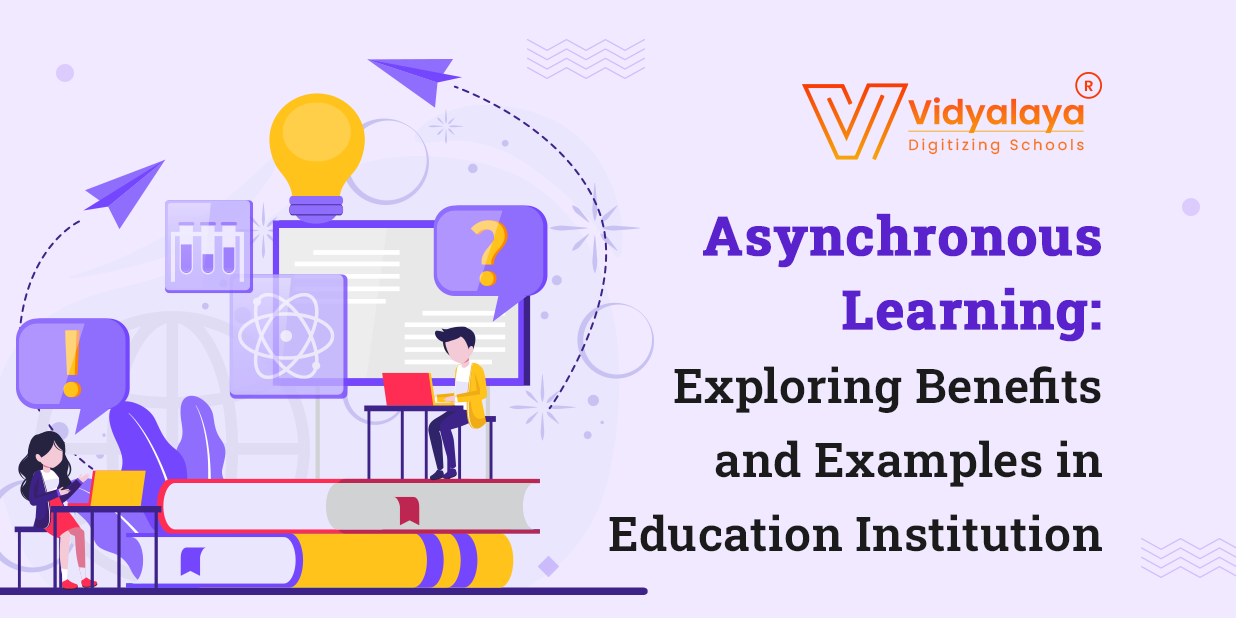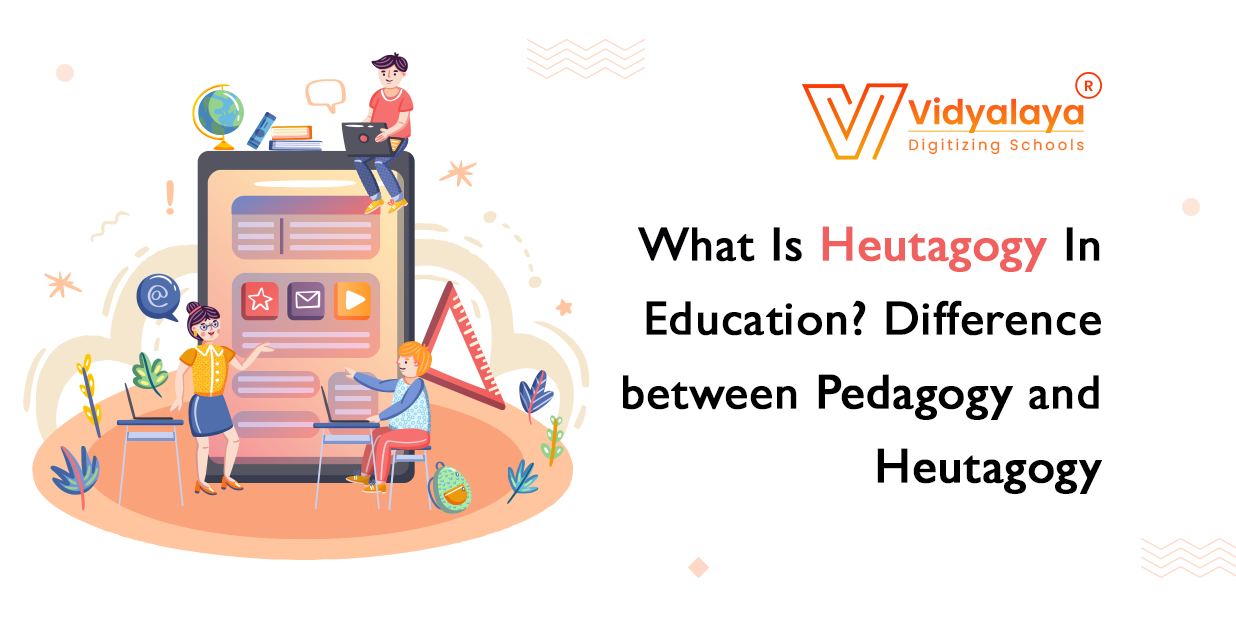In our education system, teachers are considered next to God. They are a very crucial resource in shaping the student development process. Teachers spend their lives contributing to this noble profession and mould a child into a responsible citizens. But how can a teacher ensure that the knowledge they are departing is sticking to the students? Here comes the role of pedagogy! It is an art of teaching that encompasses a broader range of teaching strategies and techniques. So, to become a favorite teacher of your students and an important asset for your institute, every teacher must learn the pedagogy learning process and its benefits. This will really be helpful to make your teaching style exceptional and value-based. So, spend some time to read out this article.
What is Pedagogy?
Pedagogy refers to the strategy of how teachers teach in both theory and hands-on. This aspect is mainly teacher-centered and enables them to come up with different teaching strategies to influence students. Effective pedagogy understands each student’s unique needs, and learning styles and enables teachers to make instructions accordingly. It also encourages teachers to go beyond traditional teaching techniques and implement some innovative ideas like problem-solving exercises, group discussions, and hands-on practices.
With the pedagogy learning process, teachers can create such a classroom environment where students can thrive. Teachers will be well-equipped with the changing needs of today’s generation of students and the learning process will be more engaging and productive. The interactive and fruitful environment will surely contribute to achieving the desired learning outcomes.
What are different Pedagogy Approaches?
The Pedagogy learning process is based on 5 approaches. Here are they:
1. Constructive:
The constructivist approach permits students to be present in the understanding process and become proactive learners rather than just passively receiving information. This can foster critical thinking among them and will be able to relate with the teaching with what they are hearing.
2. Collaborative:
This form enables students to learn and work in groups to solve problems, build learning strategies, complete assignments, or have a healthy group discussion. The collective intellectual efforts may reduce the complexity of the task and may empower students to be good team members.
3. Integrative:
Integrative approach of pedagogy offers a learning environment for students to connect better with the learning beyond the syllabus with the objectives:
- Implementing gained theory knowledge in practical scenarios
- Relate the concepts in the real-life
- Discriminate issues by relevance
- Understand the learning process.
4. Reflective:
In the reflective approach of the pedagogy learning process, students can evaluate themselves. They observe teacher’s and fellow student’s activities for analysis purposes.
5. Inquiry-based learning:
This ideal approach of pedagogy promotes interactive teaching-learning, where students not only clear their doubts of students but also offer a class environment where ideas are fostered, explored, challenged, and polished. This will make students first understand the problem, find a solution for it, and again raise doubts.
What is the Significance of Pedagogy in the Teaching Process?
Pedagogy learning process is beneficial for both teachers and students. First, we will see how it can bring an affirmative change in the teaching process with its benefits:
Improvement in the Instructional delivery:
Students coming to school differ from each other based on their backgrounds, social status, learning abilities, and styles. A comprehensive teacher must understand this and employ a variety of teaching styles to meet these diverse needs. Also, teachers following pedagogy in the teaching, know implementation of different teaching strategies to make it more engaging.
Promote Collaborative Learning:
Collaborative learning always brings optimized learning outcomes and thus is highly insisted in the education sector. Teachers with pedagogical skills may keep the students engaged in brainstorming activities, stimulating discussions, experimental learning, etc. Thus, they can teach the significance of cooperation and working in teams to the students.
Remove Boredom in the Teaching:
With the implementation of the Pedagogy learning process, teachers can implement pragmatic activities, drawing explanations, and visual aids to make the learning more exciting. Adopting several ways like group discussion, hands-on activities, and asking rhetorical questions may help in reducing monotony in the teaching-learning process. Innovative ways like these always uplift the level of teaching and your teaching may attract more students.
Ensure Critical Thinking:
Teachers with pedagogical skills can improve students’ critical thinking and problem-solving skills by establishing a suitable and comfortable class environment. Teachers may ask provocative questions to assess the understanding levels. This way they can test how the students can relate the gained knowledge to real-life situations.
Attract Assessment Excellence:
Teachers equipped with pedagogical skills deliver excellence in assessments and evaluations. This helps to distinguish students and make additional efforts for those who need it. Teachers can also implement various assessment techniques like formative assessment, summative assessment, and peer and self-assessments to evaluate student performance comprehensively.
How Pedagogy is Effective in the Learning Process?
Pedagogy plays an effective role in making the learning process more student-centric and productive. It does this in the following ways:
- Pedagogy improves teaching quality and improves student participation to make them more receptive.
- Teaching is done to fulfill the objective of the learning so the effectiveness of the subject is optimized.
- It also encourages students with special needs to be a part of the mainstream and collaborate with other students as well.
- Teachers are encouraged to bring different teaching styles so that learning outcomes can be optimized.
How Pedagogy is Important for Students?
Even though pedagogy is teaching science, it is indeed beneficial for students. Let’s learn how it can be helpful for students:
- With a student-centered approach, students take responsibility for learning on their own.
- Teachers assess students continuously so improvements and guidance can be provided instantly.
- Collaborative learning builds soft skills and encourages teamwork and group work among the students. This is highly beneficial for them in their future career.
- Pedagogy helps students to develop cognitive skills like critical problem-solving, comprehension, detailed analysis, application of gained knowledge, and establishing the relevance of acquired knowledge to practical situations.
Checkout – What Is Pedagogical Content Knowledge (PCK)?
Summing it!
Pedagogical skills always lift the teaching quality and concrete collaborative learning. It also facilitates the personalized learning experience and eliminates the monotonousness in the learning-teaching process. Teachers equipped with strong pedagogical skills can improve learning outcomes and offer impactful learning experiences.
Vidyalaya School Software, a leading name in the EdTech sector, always promotes scientific approaches in education. With its prominent products, Vidyalaya aids teaching faculties in improving their strategies so that students get advanced and value-based education. Don’t forget to contact us to learn how pedagogy can transform the environment in your teacher’s room!





















